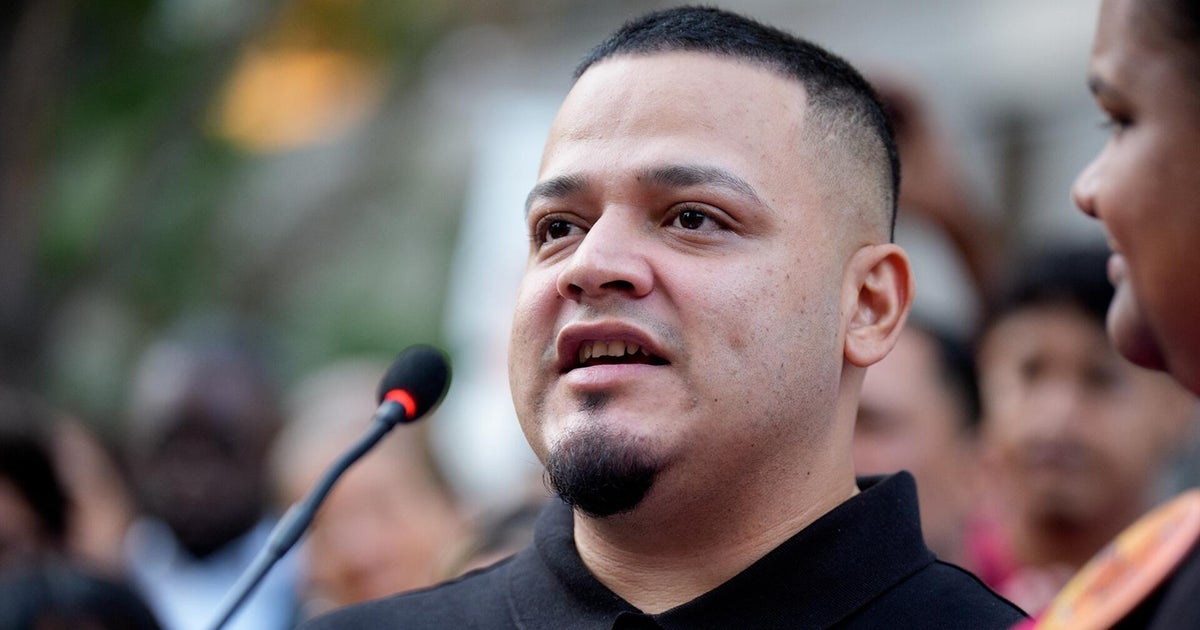Federal judge Waverly Crenshaw Junior of the Middle District of Tennessee says he believes the United States Justice Department’s prosecution against Kilmar Abrego Garcia, an immigrant defendant, may have been ‘vindictive’, writing on Friday that, “The government had a significant stake in retaliating against Abrego’s success.”
The finding from today is another round of court proceedings where Abrego Garcia’s lawyers will be able to dig into the Justice Department’s decision-making this year.
Abrego’s attorneys are attempting to have two criminal charges he faces in the Tennessee Federal Court dismissed and are seeking evidence that they believe would show the Trump administration’s approach has been improper.
Crenshaw, an Obama appointee, hasn’t made a final ruling yet on Abergo’s attorney’s claims of a wrongfully vindictive prosecution.
On Friday, he said he would allow for evidence gathering and a hearing, which could include testimony from witnesses and potentially even administration officials.
U.S. Immigration and Customs Enforcement (ICE) admitted that Abrego Garcia was wrongfully deported to El Salvador in March due to an “administrative error” by the Trump administration.
Abrego was returned to the U.S. in early June, then accused of smuggling undocumented migrants into the U.S. in a federal indictment, which he pleaded not guilty to.
In July, a federal judge ordered him to be released on bond while awaiting his trial, but he remained detained for several weeks due to concerns that he would be taken into immigration custody.
Abrego was released from prison in August, but was arrested a few days later, after interviewing with ICE in Baltimore.
A judge in Maryland prevented the Trump administration from deporting him again, after Abrego challenged the legality of his arrest.
In 2019, David Jones, an immigration judge, denied Abrego’s bid for asylum, ruling that it took him seven years to apply and that, under federal law, an asylum seeker must apply within one year of entering the U.S.
Jones did, however, say that Abrego provided strong evidence supporting his request for asylum, including statements from family members admitting to receiving threats from a local gang.
